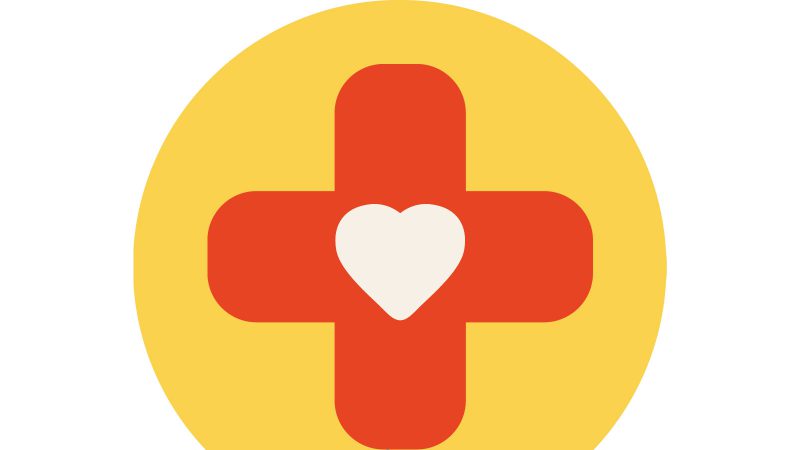Hospice Care

It is important that people understand what Palliative Care is and what we can offer.
What is Palliative Care
Palliative Care is the total care of patients who have been diagnosed with a life limiting illness. Such illnesses may bring complex physical, social, psychological and spiritual needs and challenges, which are best addressed by a multi disciplinary team of specialists.
Should everyone with a life-limiting illness be referred for Specialist Palliative Care? (Top)
No, many patients will be very well cared for by their GP and Public Health Nurse (PHN), without the input from specialists. In Ireland, palliative care is structured on three levels:
- Level One: This holistic approach recognises the need for good symptom control, and includes the care of the sick person and their loved ones. It is an important part of the work of all health professionals, including your GP and PHN.
- Level Two: At this level, the nurse, doctor or therapist looking after the patient will have additional training in palliative care. This type of care will soon be available at all of our local community hospitals. Most patients will have their needs well provided for at this level. At the same time, palliative care specialists may also be involved from time to time.
- Level Three: This is the specialist level, where the nurse of doctor has trained to an expert standard and works entirely in the field of palliative care. This level is available in the community through the Clinical Nurse Specialists(CNSs) in your local area, as well as the doctors and therapists who visit from the Donegal Hospice. It is offered where the situation may be more complex. The Donegal Hospice in Letterkenny is a specialist Level Three Unit.
Is Specialist Palliative Care only available for Cancer patients? (Top)
No. In the early days of palliative are, most services, hospices and education programmes were funded or supported by cancer charities. Nowadays, the service has extended to many other serious or distressing conditions, including advanced dementia, heart and lung disease. Access is therefore based upon need instead of a particular diagnosis or label.
Published September 10, 2018 /
Last modified: September 10, 2018